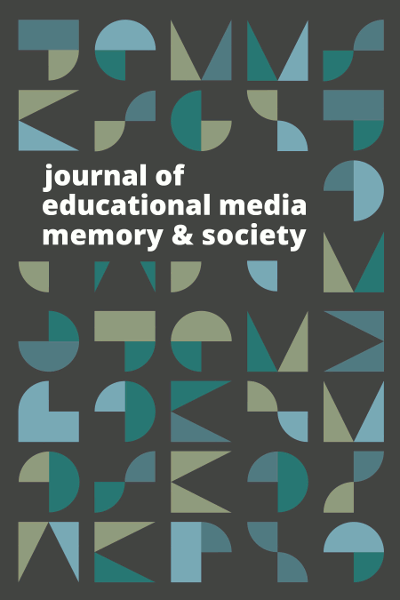The below is a special guest post written by Anne Gaul, contributor for the forthcoming issue of Journal of Educational Media, Memory, and Society, Volume 6, Issue 2, and author of ‘Where Are the Minorities? The Elusiveness of Multiculturalism and Positive Recognition in Sri Lankan History Textbooks.’
The article ‘Where Are the Minorities? The Elusiveness of Multiculturalism and Positive Recognition in Sri Lankan History Textbooks’ was produced as part of my larger research on nationalism in Sri Lanka before and after the end of the civil war. I have been studying the country and its politics for many years and in 2012 I was able to spend a number of months in Colombo to carry out my fieldwork. From the onset I planned to collect textbooks as part of my data, but as time passed and I left more and more bookshops unsuccessfully, my hopes of finding English textbooks dwindled. It was only during the last week of my stay that I received a precious clue to visit a small bookshop off the beaten tracks that proved fruitful. It took a whole morning, two busses and a note displaying my destination in Sinhala, written by a friendly fellow passenger, to show to the drivers to get me across the capital. But eventually I found the textbooks I was looking for.
That afternoon I returned home satisfied, with a good number of English social sciences textbooks, among them the set of history textbooks that built the foundation of this article. Textbooks have long been a controversial issue in Sri Lanka and previous studies have found that they have contributed to the conflict in the country as they contained factual errors, mono-religious and mono-ethnic biases perpetuating ethnic stereotypes. Therefore I was very exited to get the chance to study the most recent edition of history textbooks myself and analyse them in light of recent policy reforms.
As I had not worked with textbooks before, after my return from Sri Lanka I took them to the Georg Eckert Institute in Braunschweig, Germany. There I found plenty of expertise on the study of schoolbooks from all parts of the world in both theory and practice. This enabled me to effectively work with this unfamiliar medium. The findings of my analysis support previous studies and highlight how the textbooks perpetuate ethnic stereotypes, rarely engage with the diversity of Sri Lanka’s population and largely gloss over the minorities altogether. I found textbooks to be an exciting data set, and they have given me a new perspective for my research and a better understanding of the country and people I am studying.
Look for Anne Gaul’s article in the forthcoming issue of Journal of Educational Media, Memory and Society. To get a free 60-day online trial of the journal, click here.

